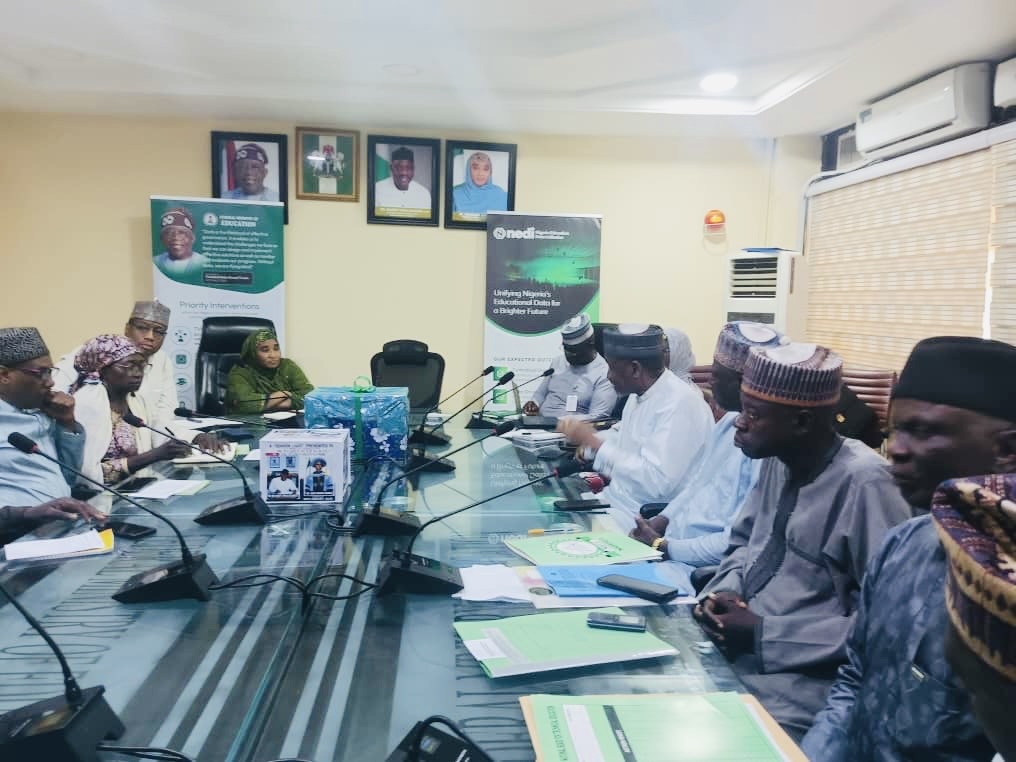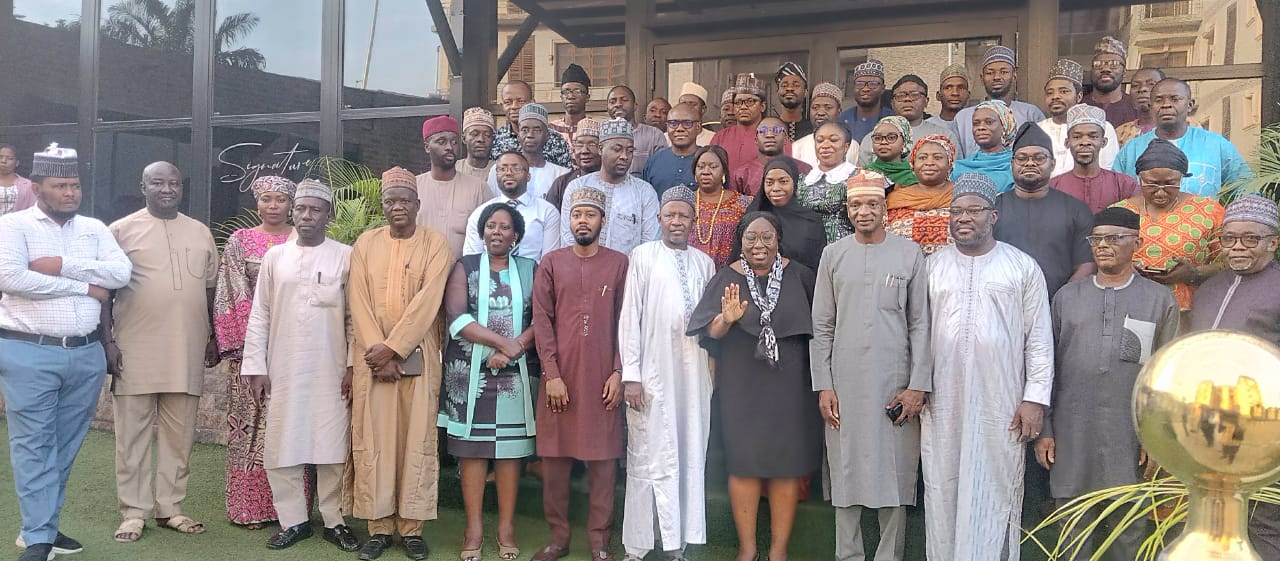FG to recognise ‘panteka’, other Informal training hubs
By Funmilayo Adeyemi
The Federal Government plans to formally recognise Nigeria’s informal training hubs, including the ‘Panteka’ centres in Kaduna, Jos and other cities.
These centres will be integrated into the Nigerian Skills Qualification Framework (NSQF).
The initiative is part of President Bola Tinubu’s renewed focus on Technical and Vocational Education and Training (TVET) to equip Nigerian youths with practical, employable skills.
The announcement was made on Friday during an engagement meeting between the Minister of Education and the National Association of Pantekas in Abuja.
Executive Secretary of the National Board for Technical Education (NBTE), Prof. Idris Bugaje, revealed that the Kaduna Panteka had already been registered under the NSQF, with support from Kaduna State Governor, Sen. Uba Sani.
“The state government has commenced infrastructure upgrades, including roads, ICT centres, a clinic, fire service, and water systems.
“Kaduna Panteka is one of the oldest and most vibrant informal industries in Nigeria.
“Every week, even during COVID-19, trailers of their products were shipped to Niger and Mali,” Bugaje said.
He noted that more than 38,000 apprentices were currently being trained at Kaduna Panteka, more than the student population of Kaduna Polytechnic, underscoring its impact on youth empowerment and crime reduction.
Bugaje called for formal recognition of Panteka and similar hubs as national training centres.
He also urged the creation of a dedicated budget line to equip them with modern tools, enabling them to compete globally in innovation and manufacturing.
He cited Lagos’ Computer Village and Aba’s Ariaria Market as examples of informal hubs already making international impact, such as exporting shoes to Botswana.
“These informal hubs are economic treasures. We must harness these assets to fight unemployment, insecurity, and poverty,” he said.
In response, Minister of Education, Dr Tunji Alausa, pledged support for TVET centres across the country.
He announced a results-based funding model where accredited centres would receive N45,000 per trained student, disbursed in three tranches, 40 per cent, 30 per cent, and 30 per cent, to ensure accountability.
“We’ve already accredited 308 centres.
“Once accreditation is secured, the government will fund every student trained,” Alausa said, adding that graduates would also receive starter packs to help them launch businesses or join the workforce.
To reduce barriers to access, Alausa said the government will subsidise accreditation costs, provide stipends, and offer transport support to students to ensure inclusivity regardless of financial background.
“This approach not only trains youths but creates direct pathways to employment.
“The goal is to revive Nigeria’s strong tradition of skilled technical manpower,” he added.
Panteka National President, Nasiru Adamu, applauded the government’s recognition of Panteka’s role in job creation and poverty alleviation.
He urged further government support, including acceptance of NSQF certificates earned at Panteka centres and curriculum revisions to reflect the training offered at those informal hubs.(NAN)
Edited by Abiemwense Moru





